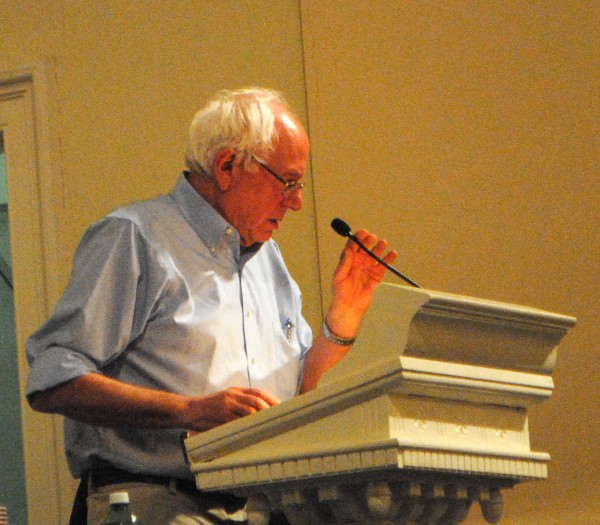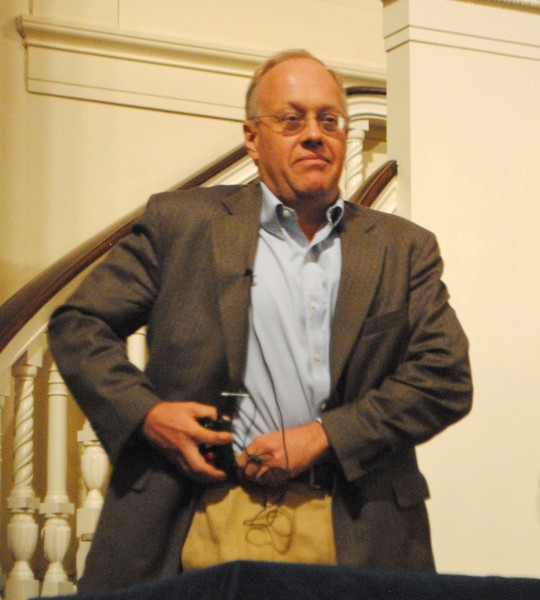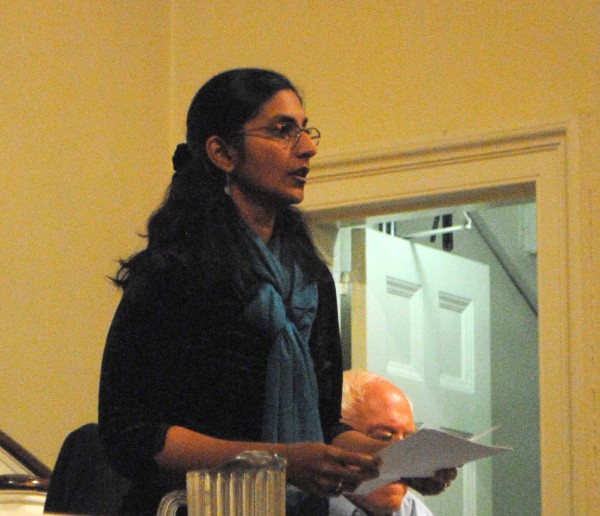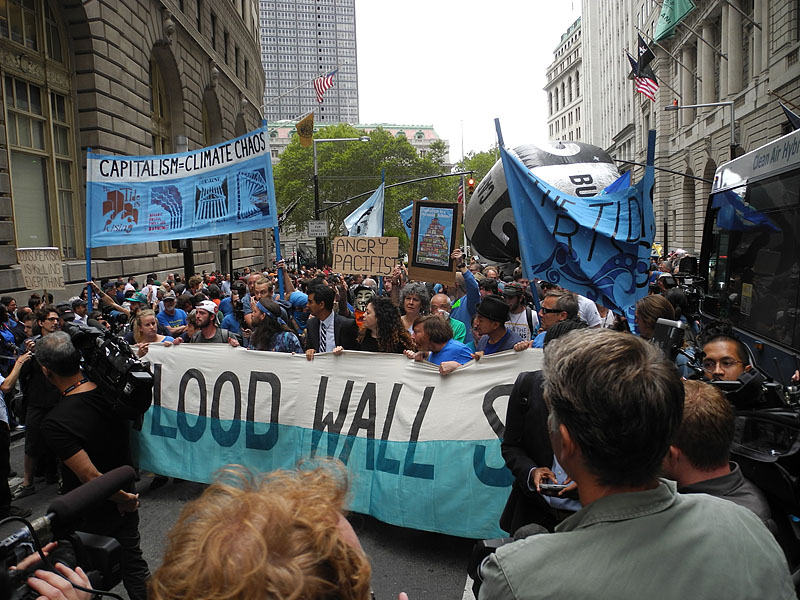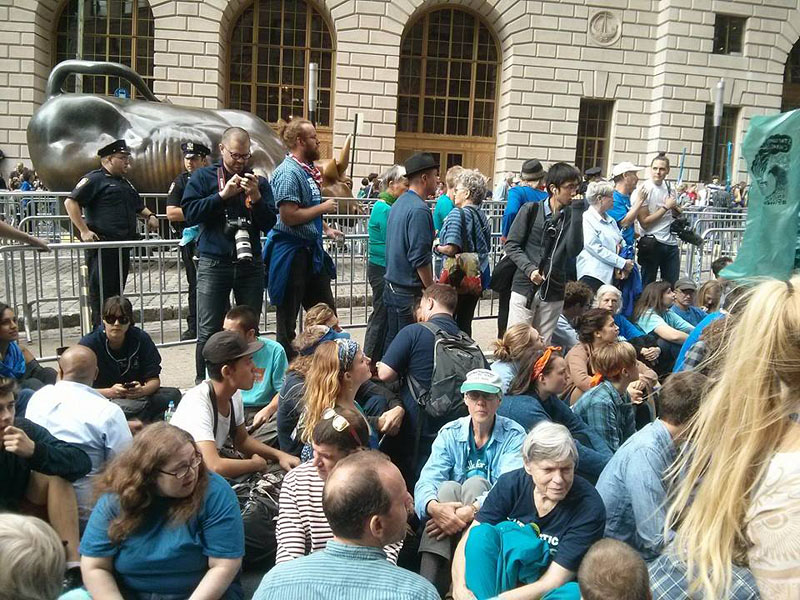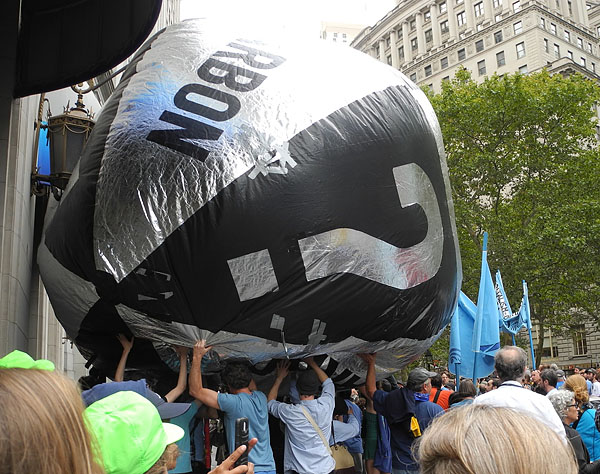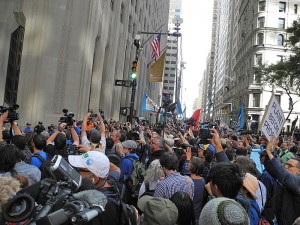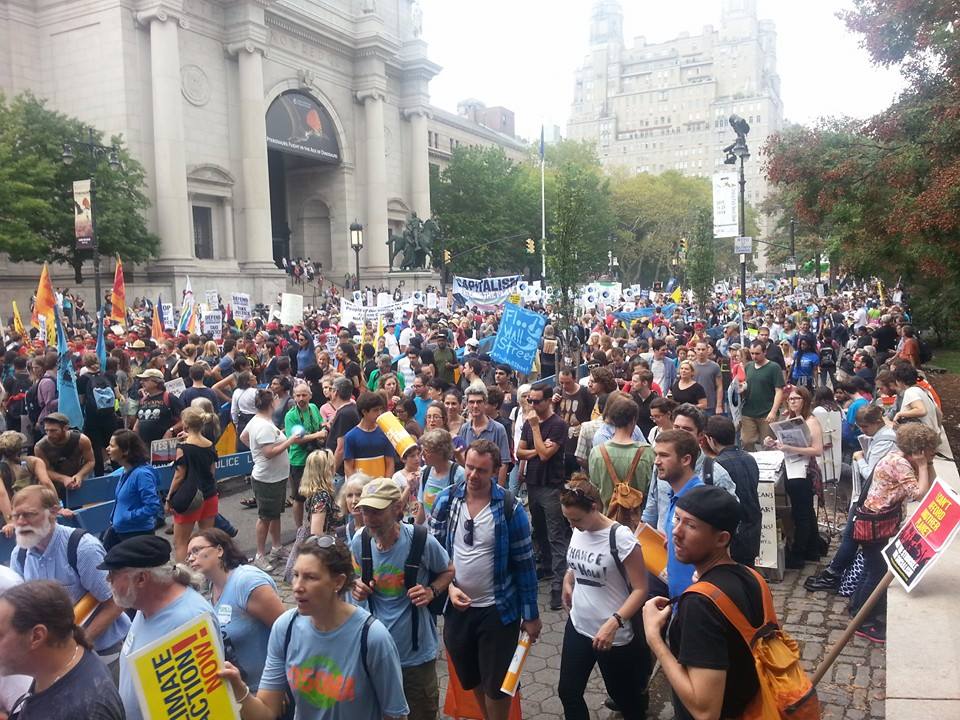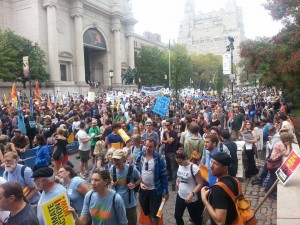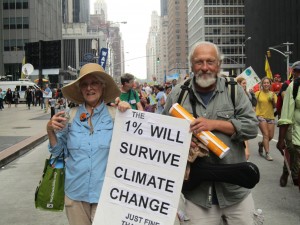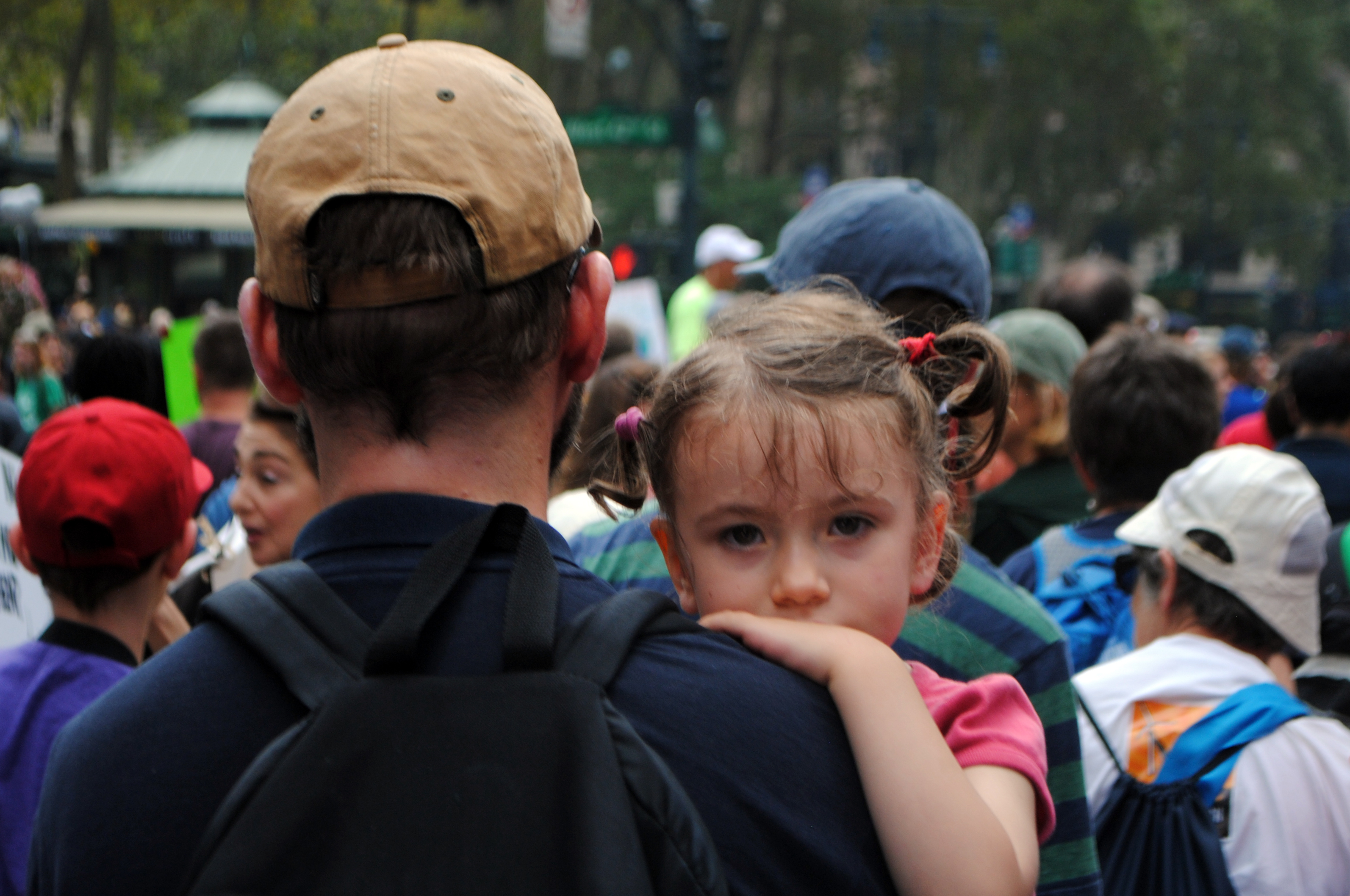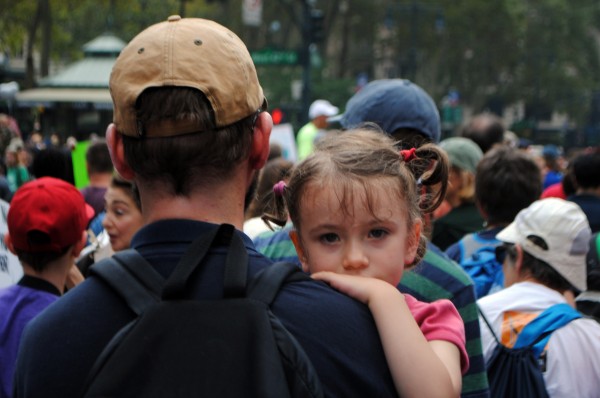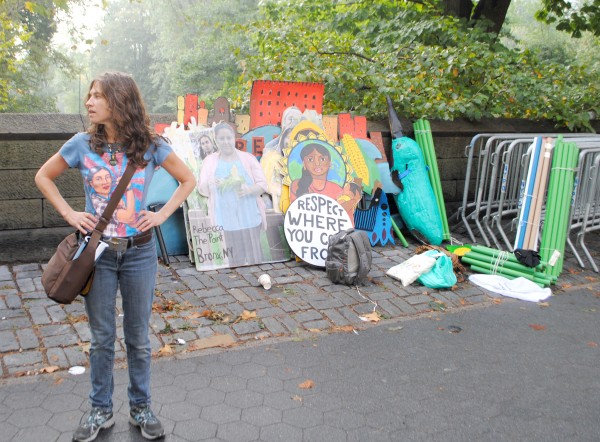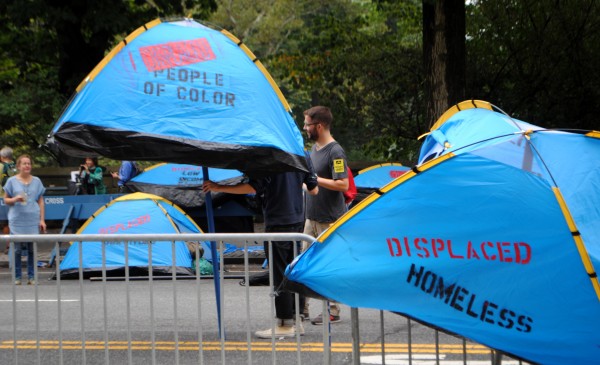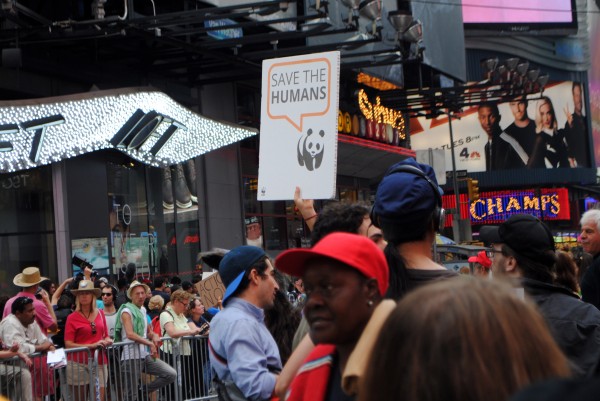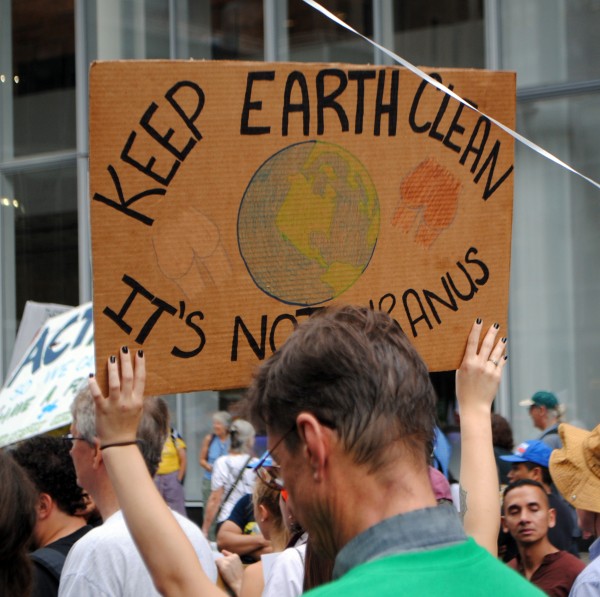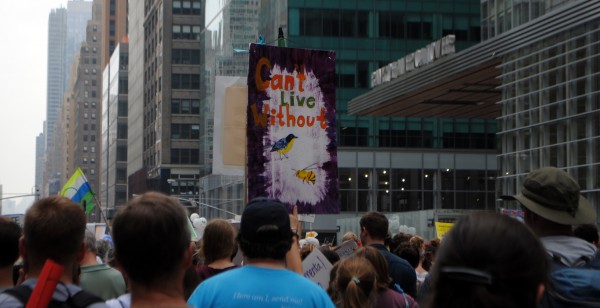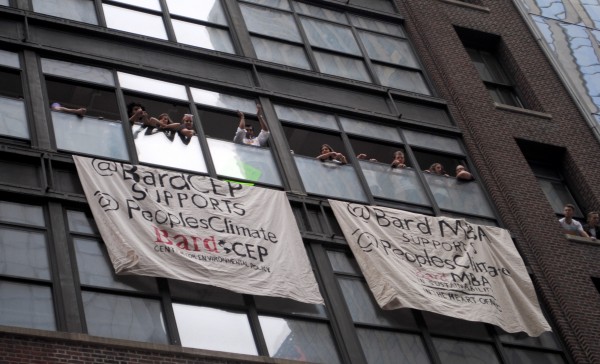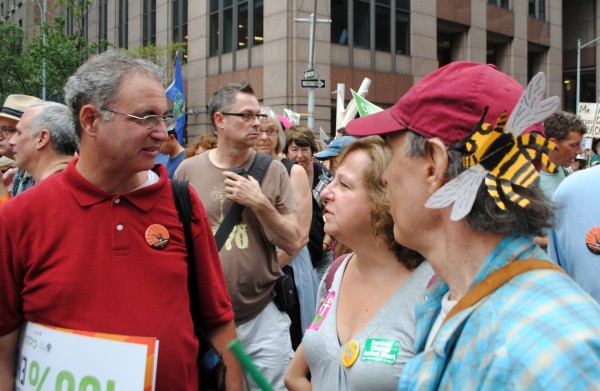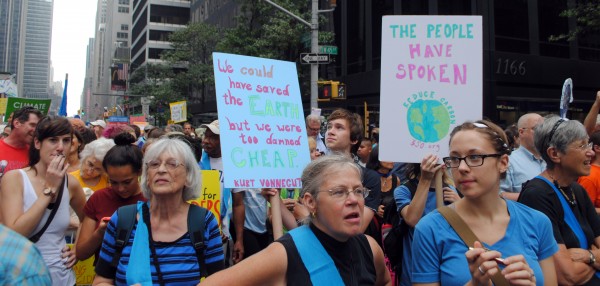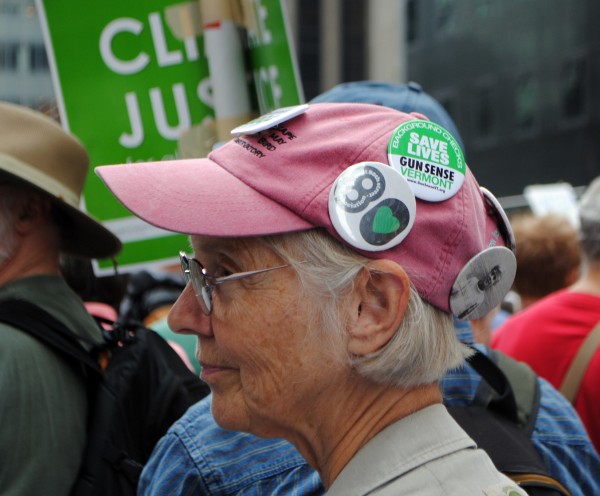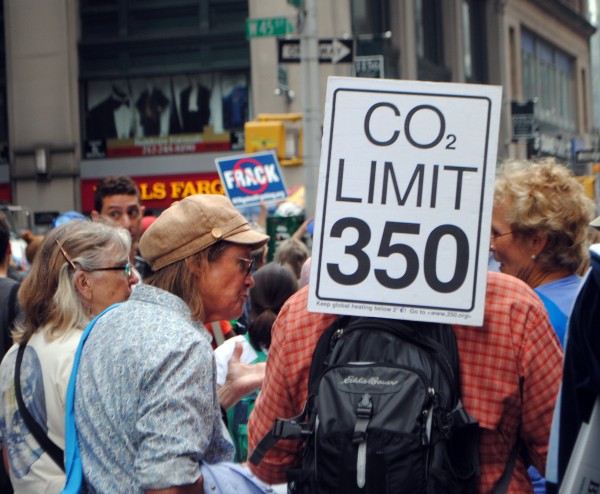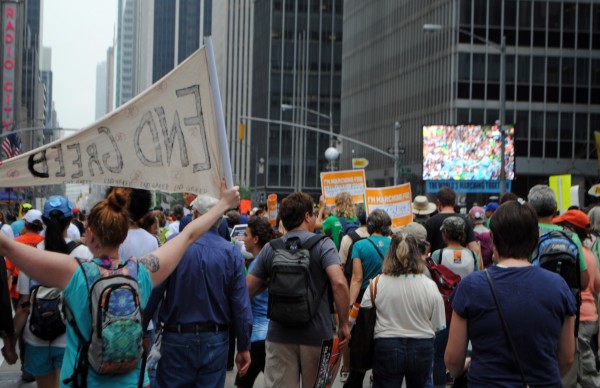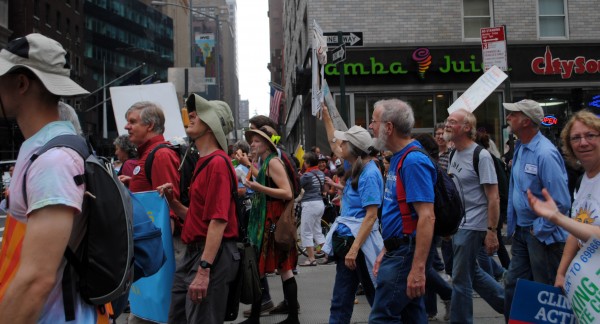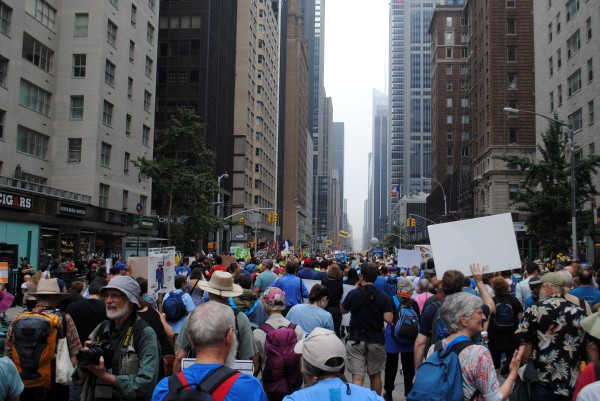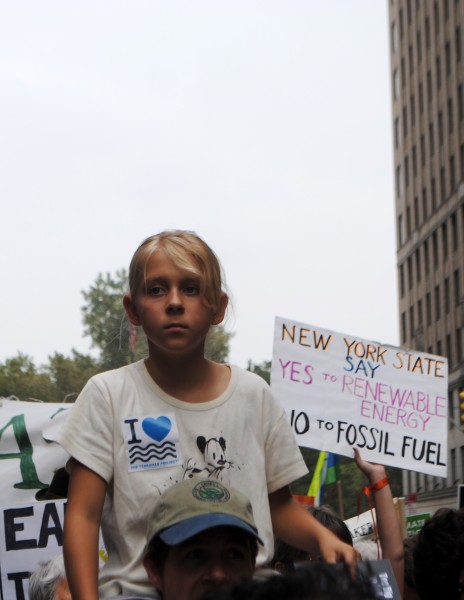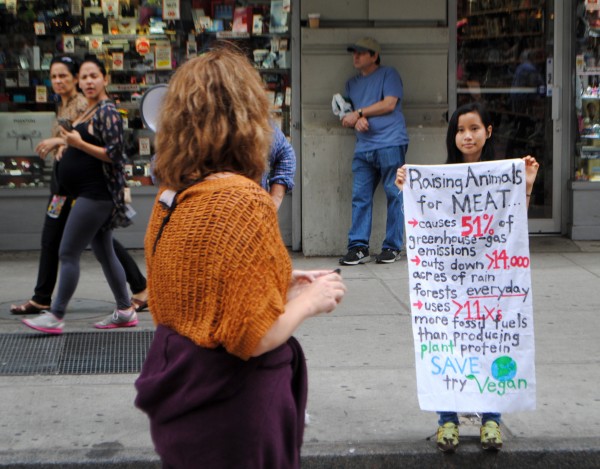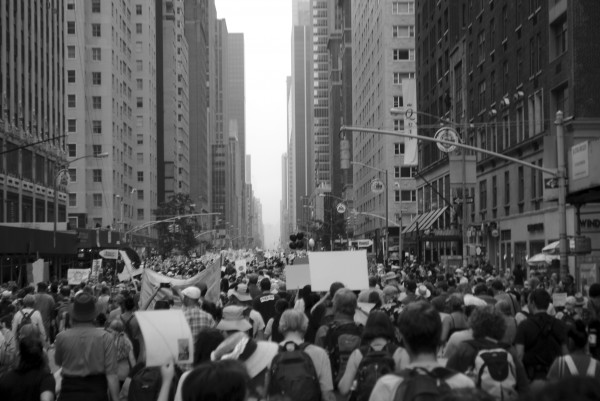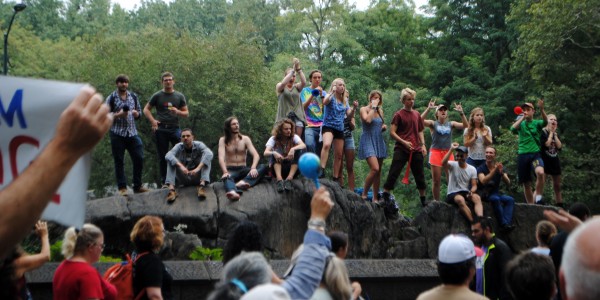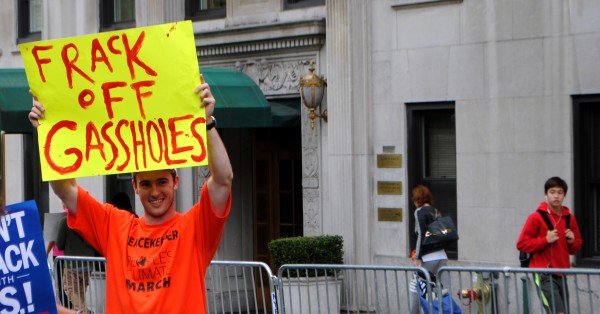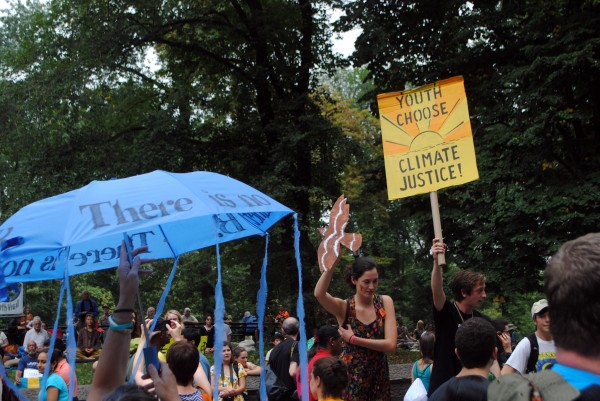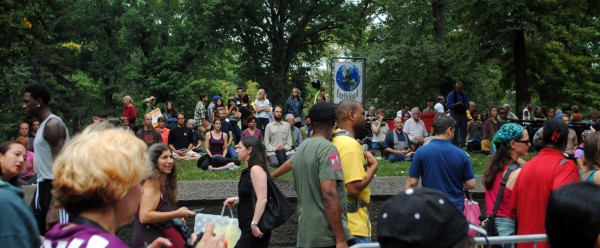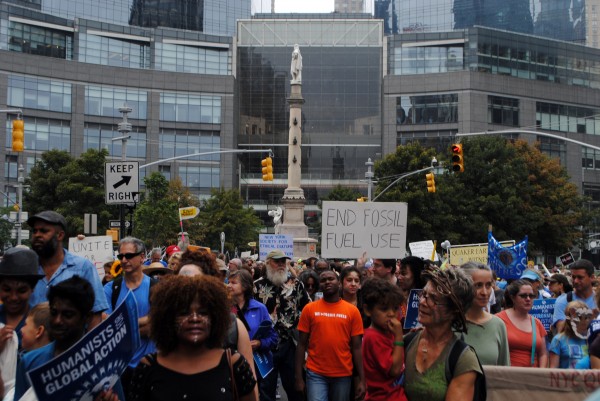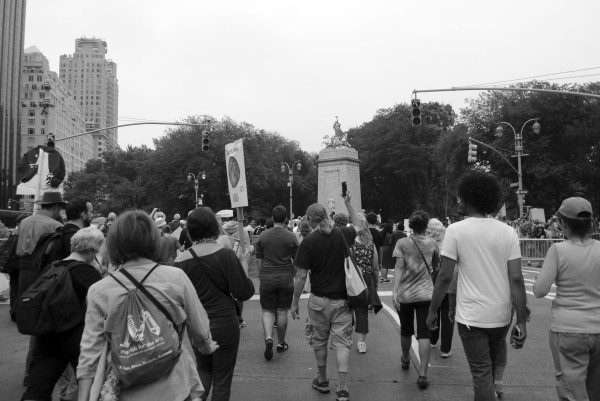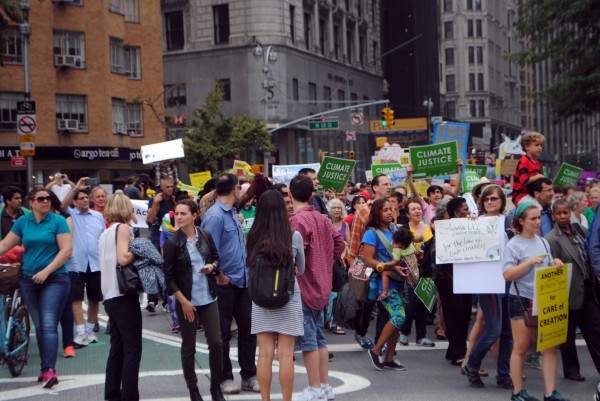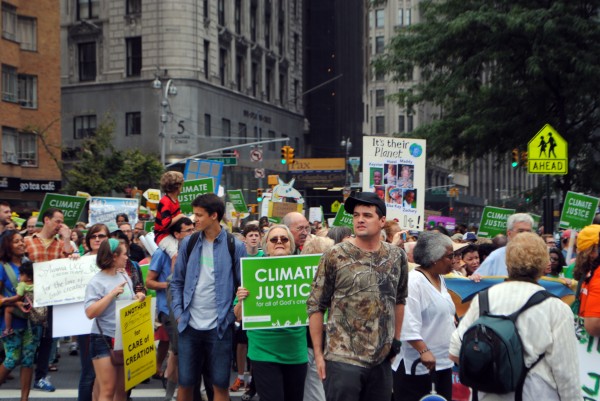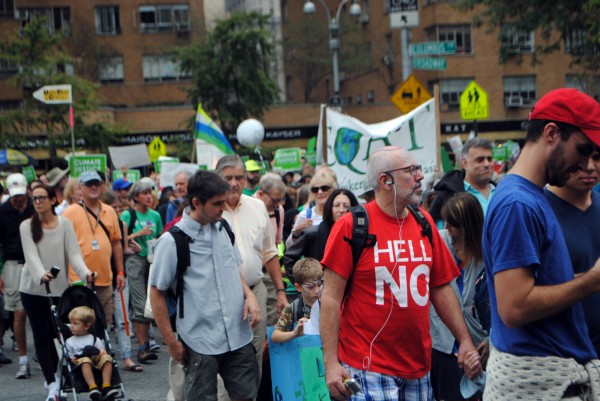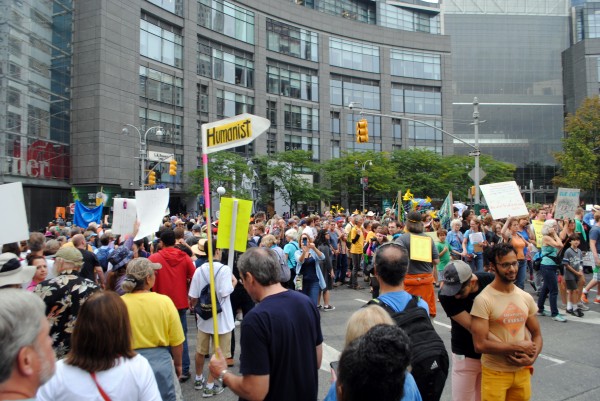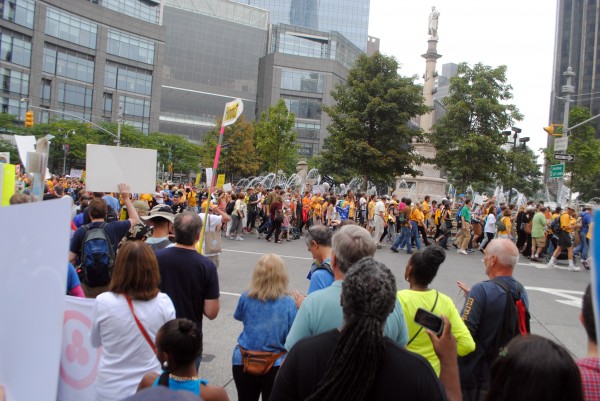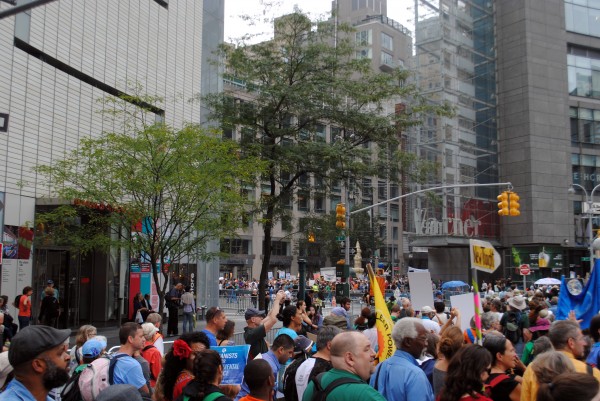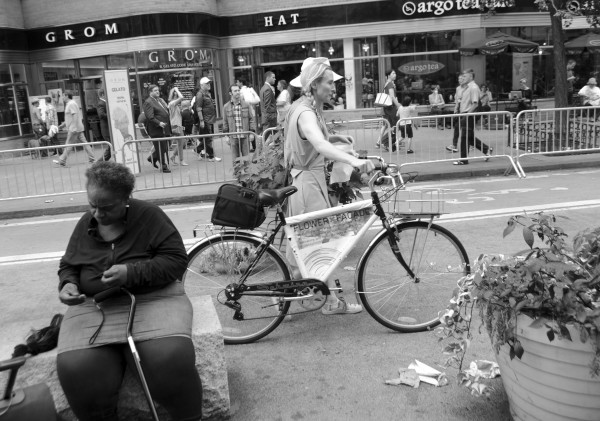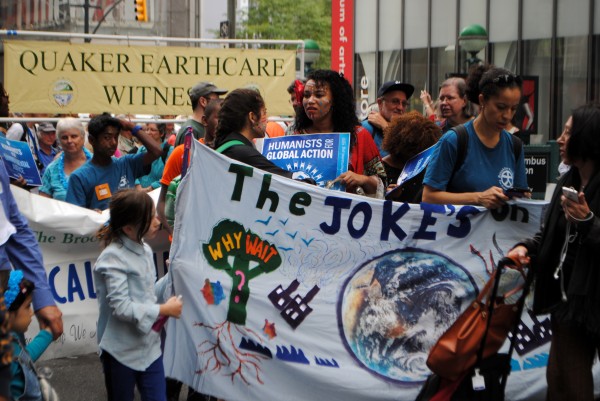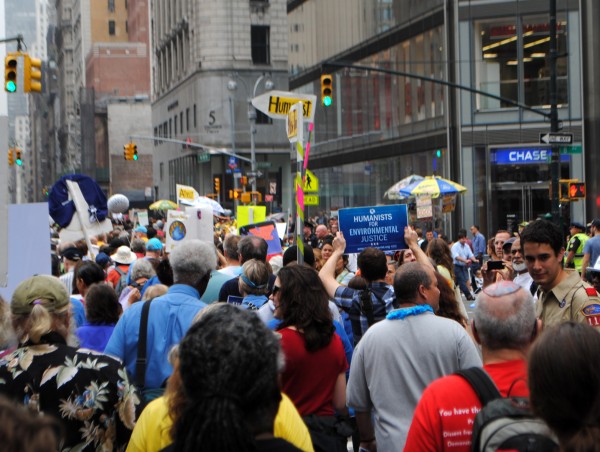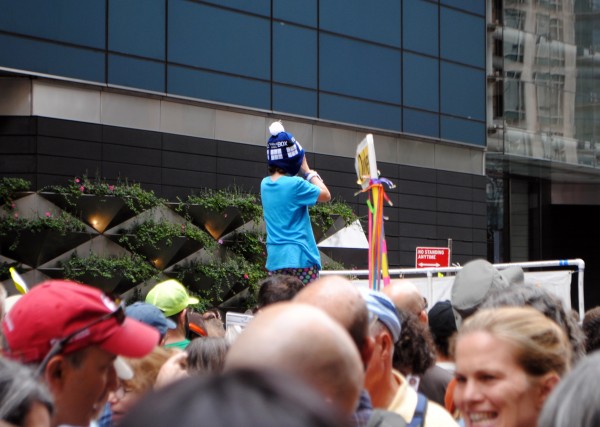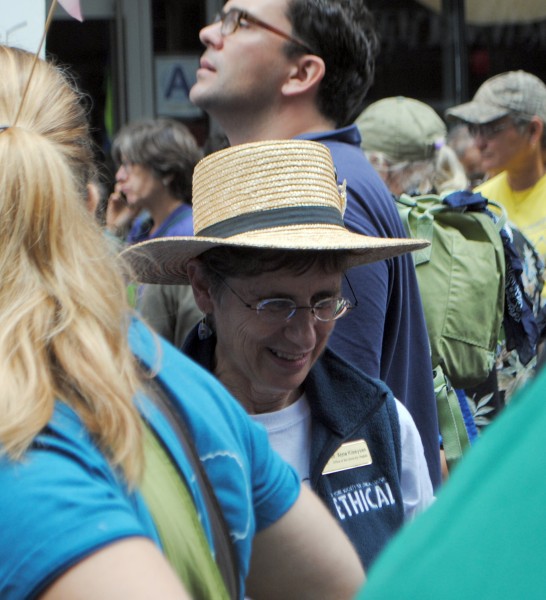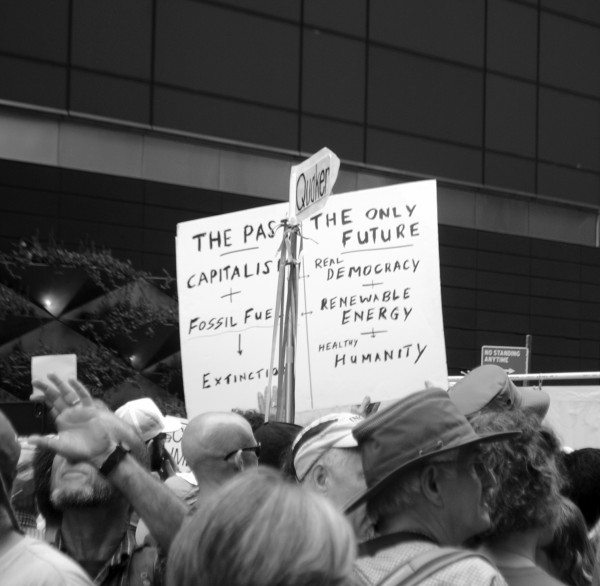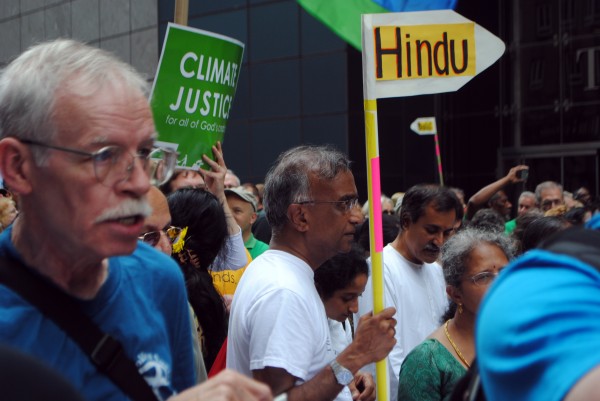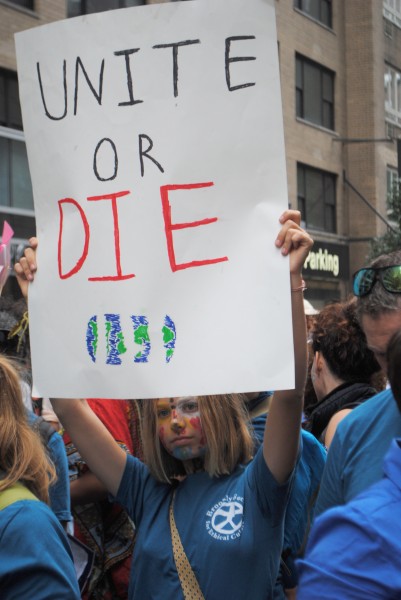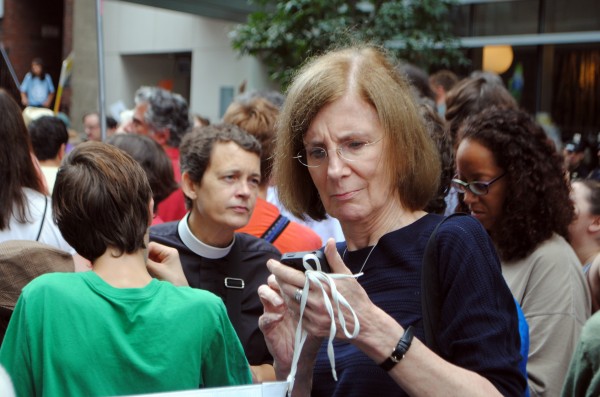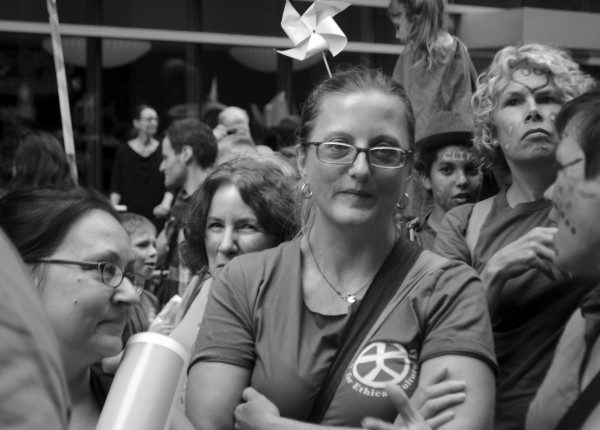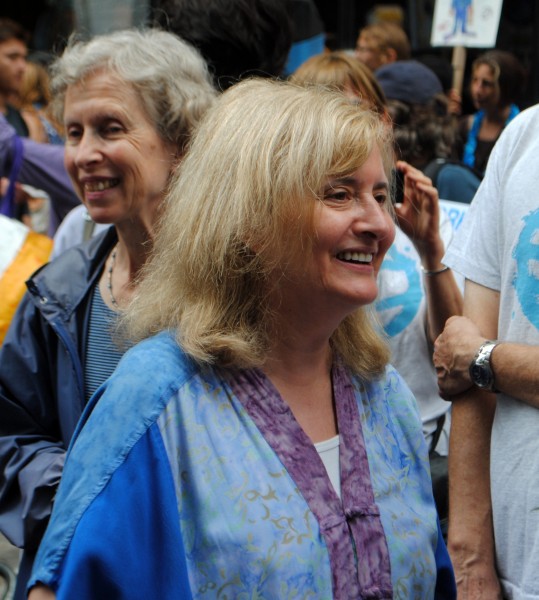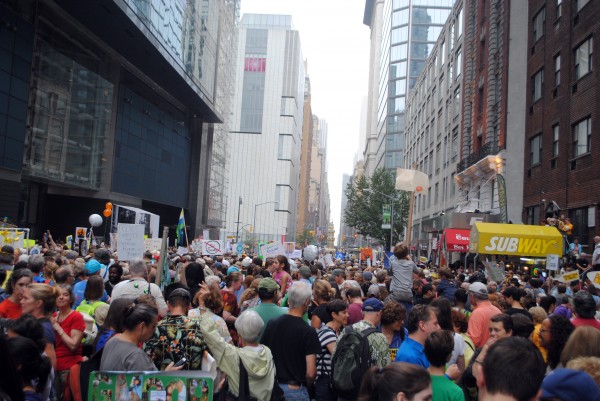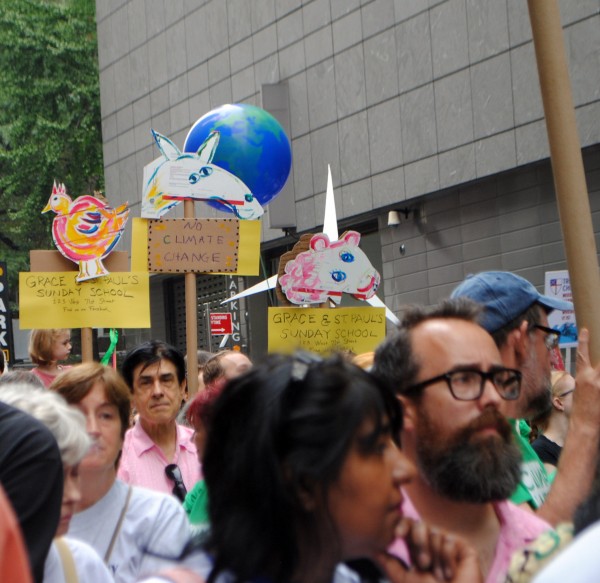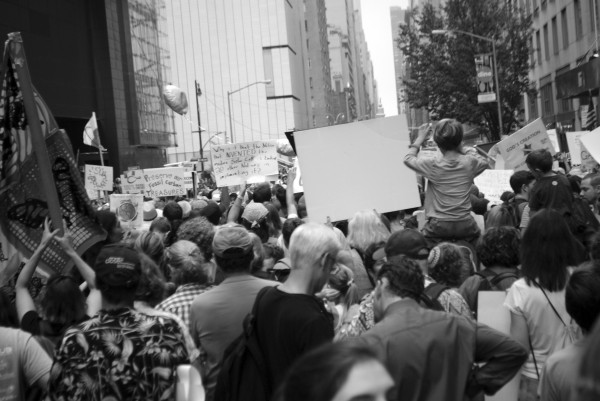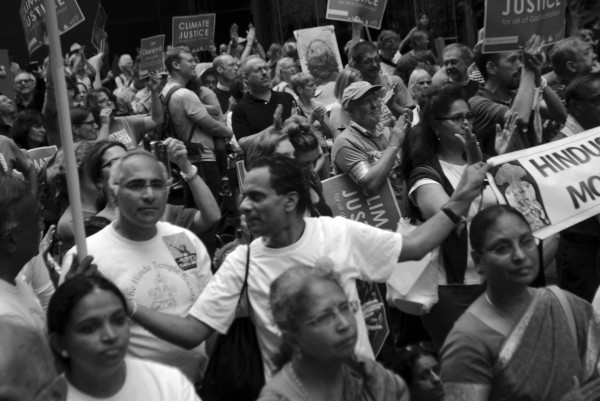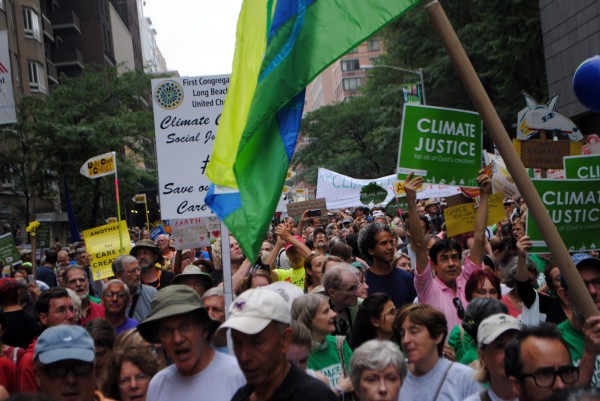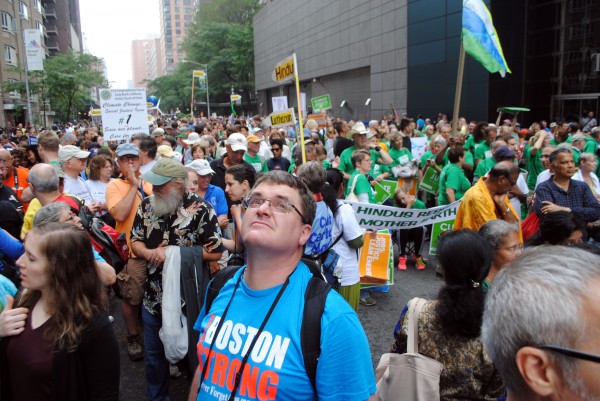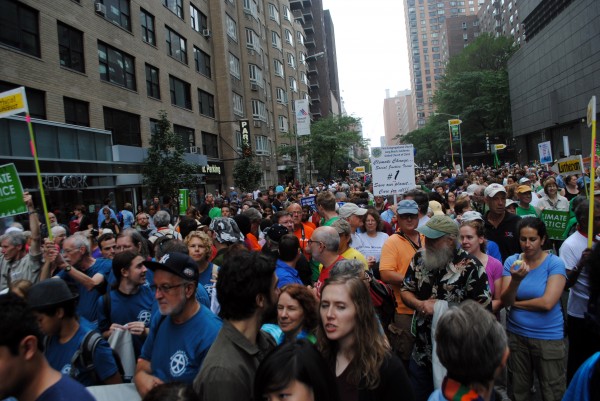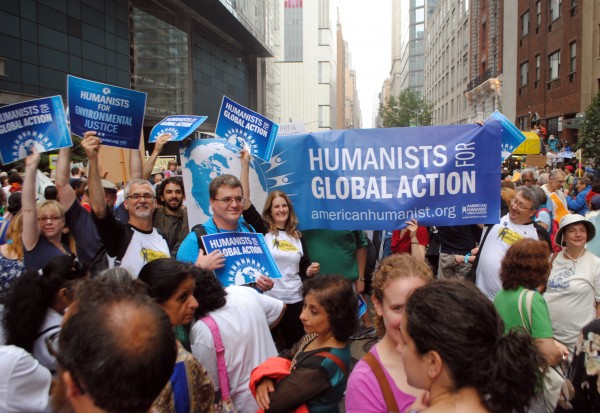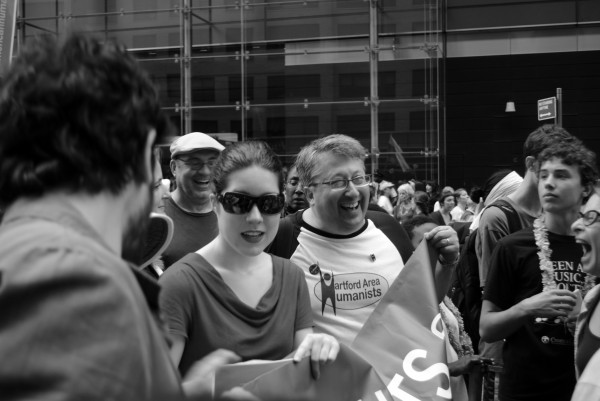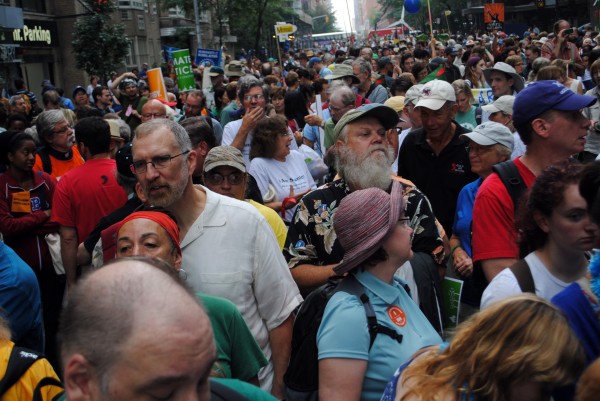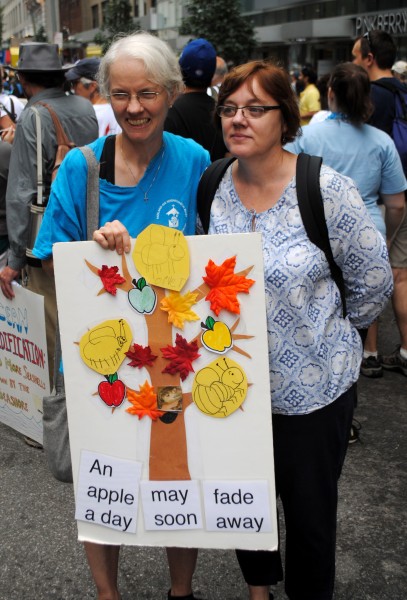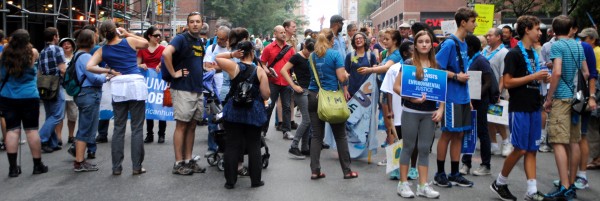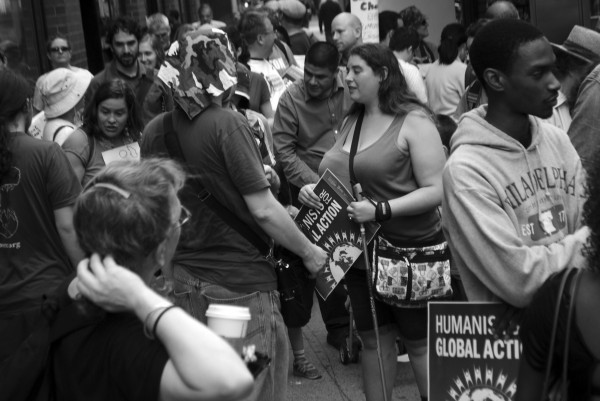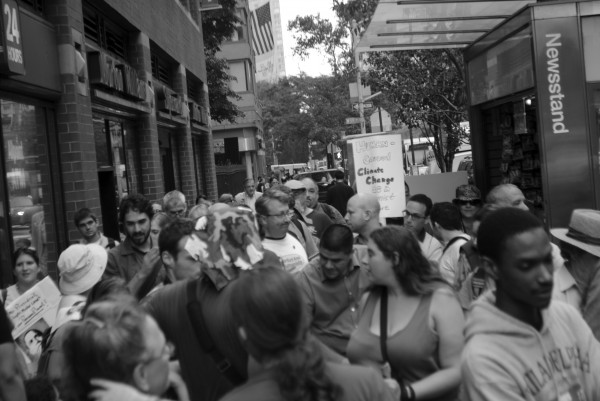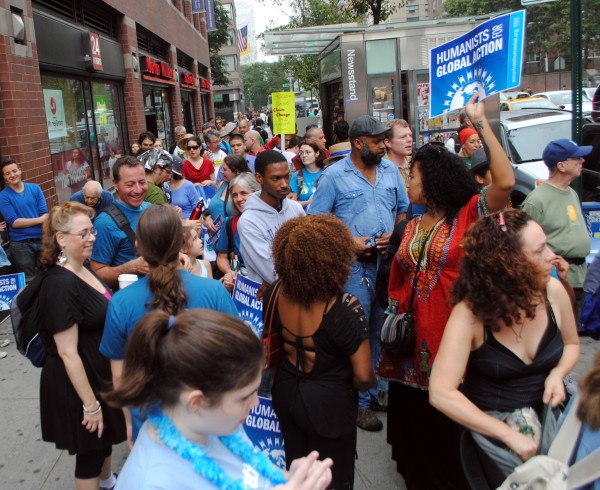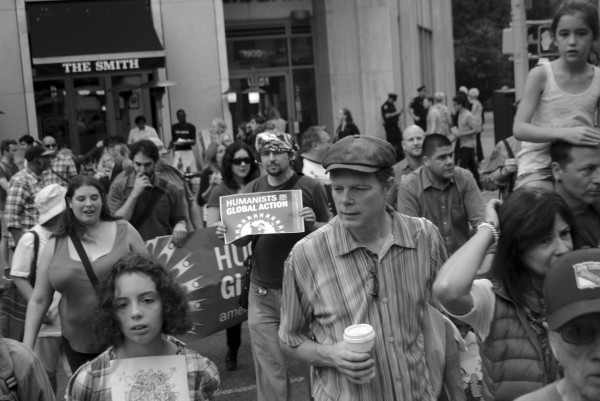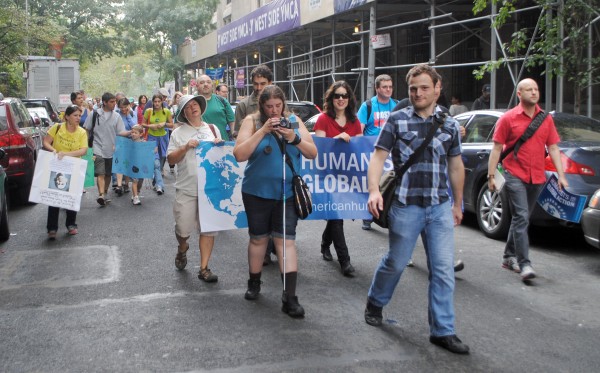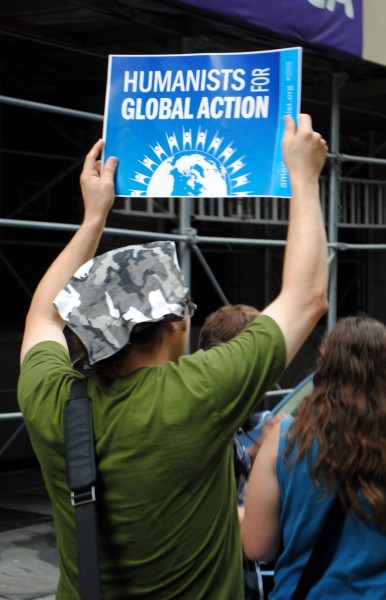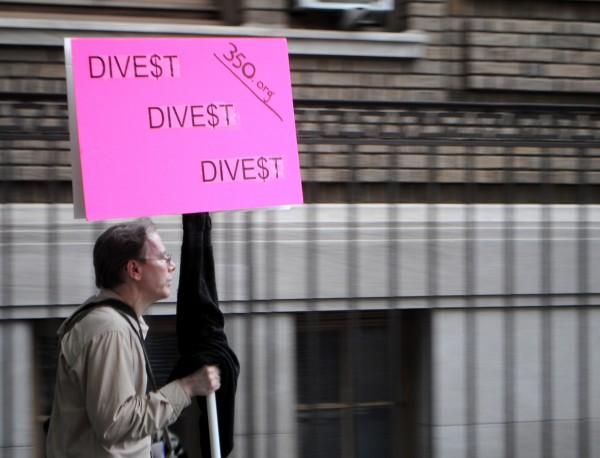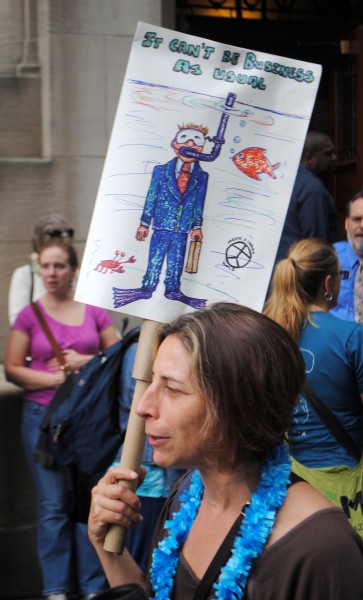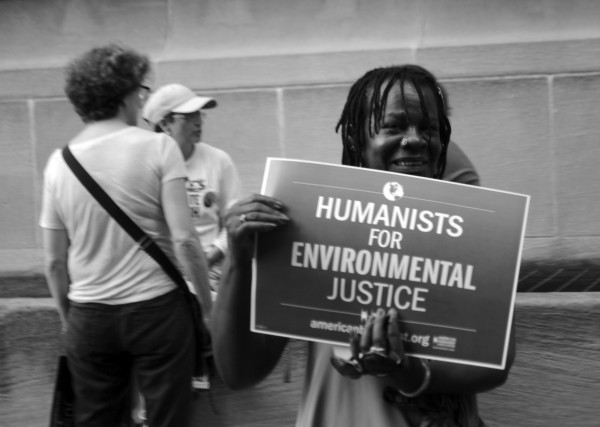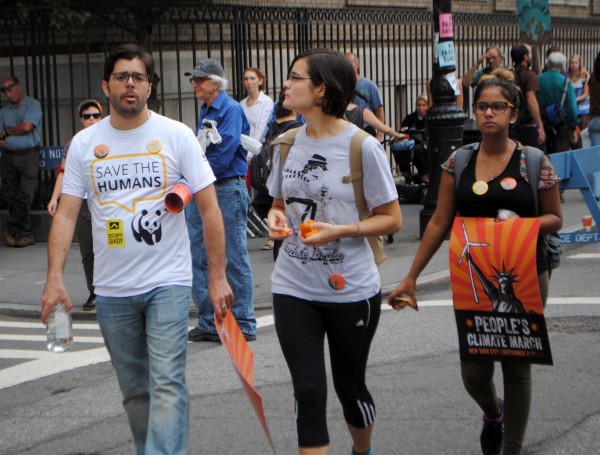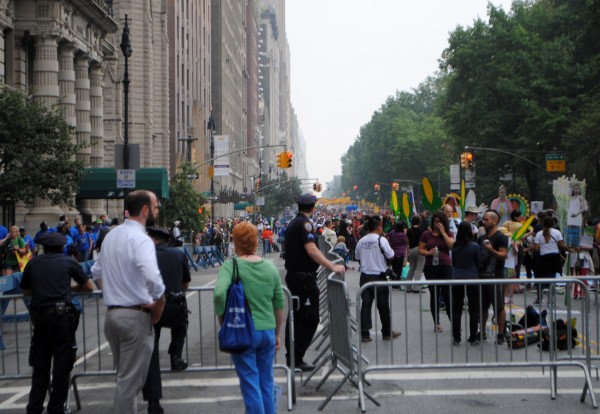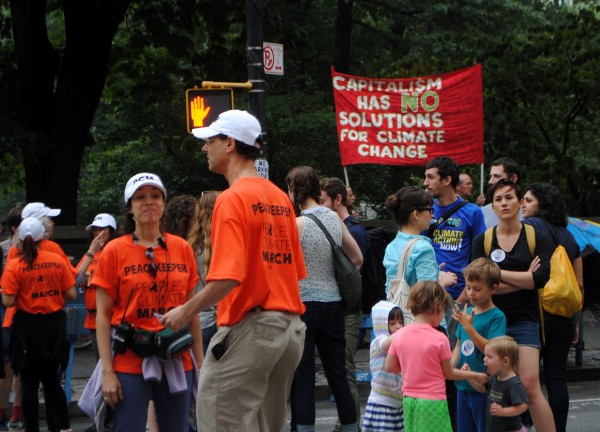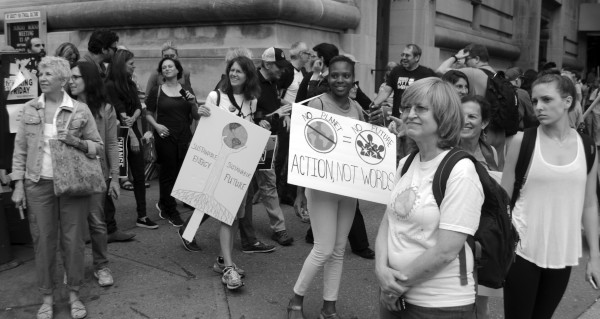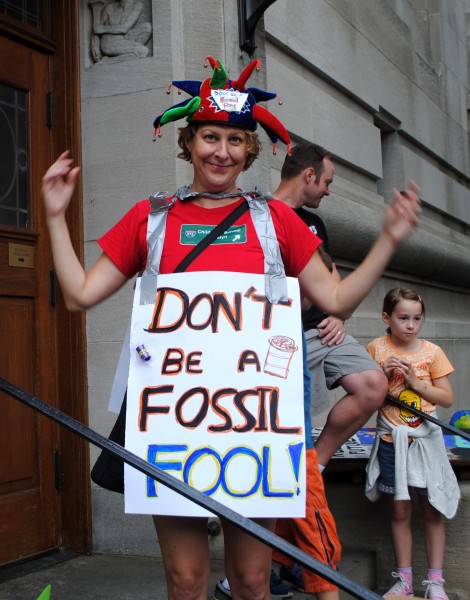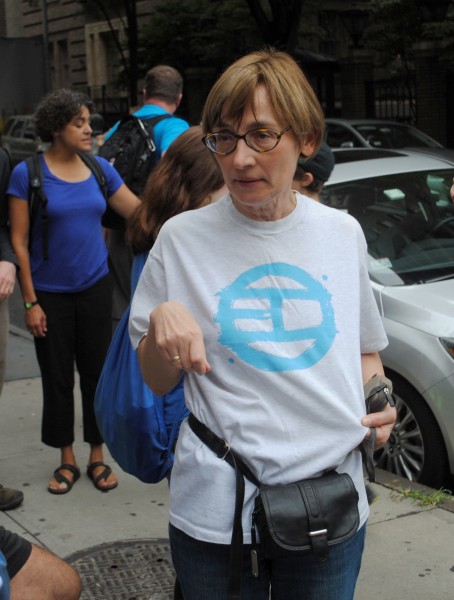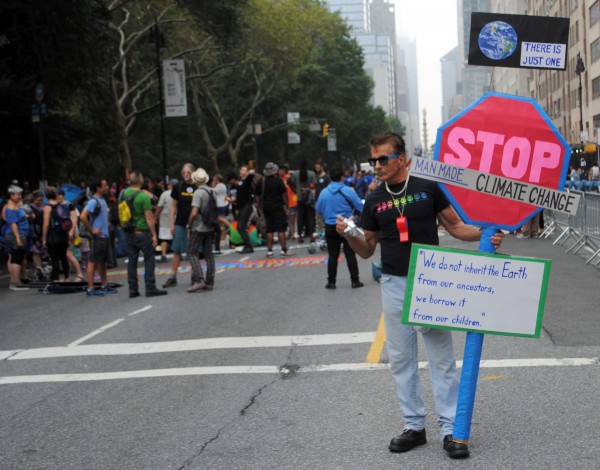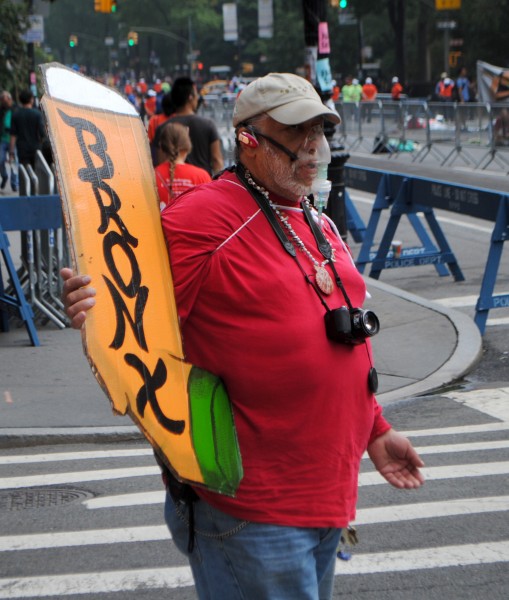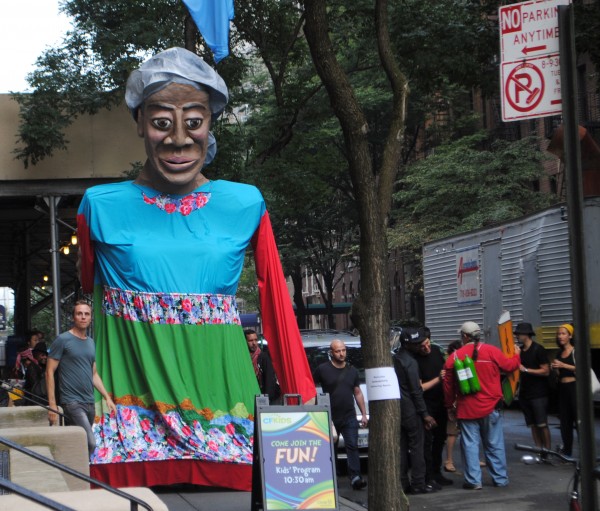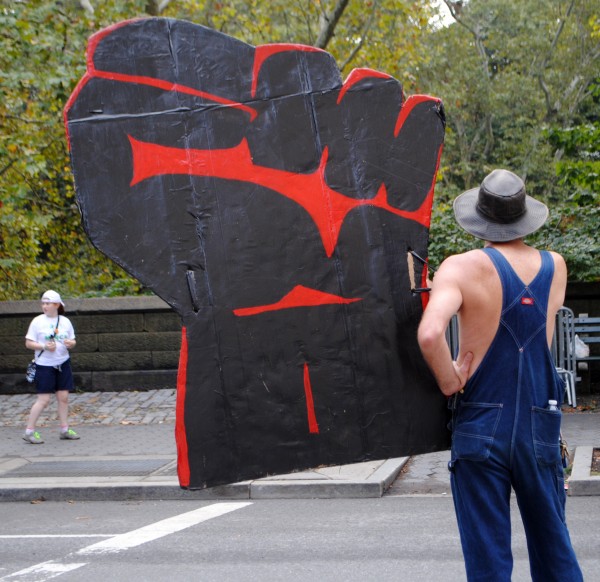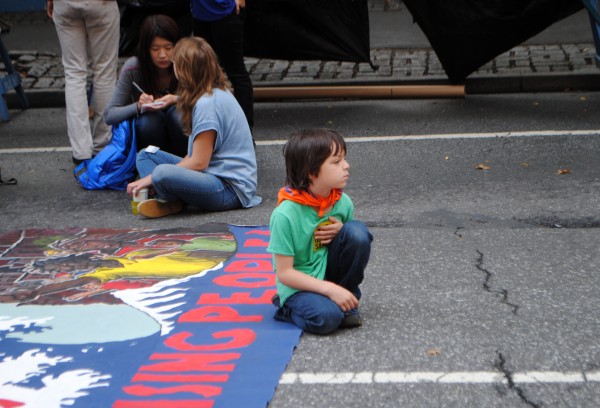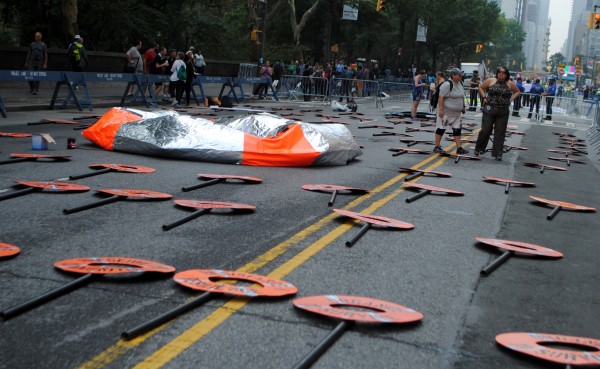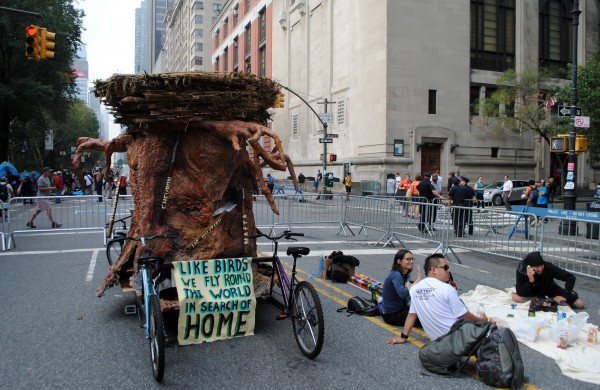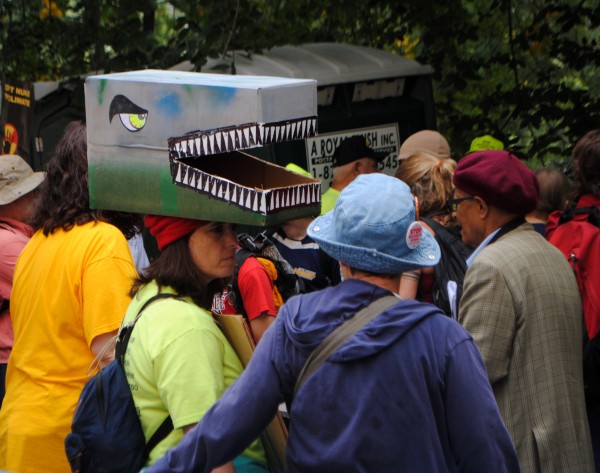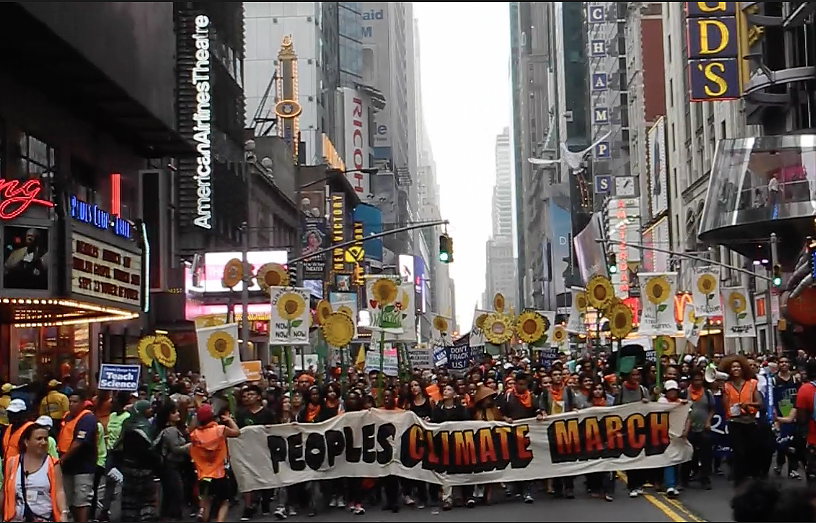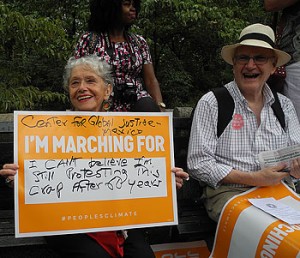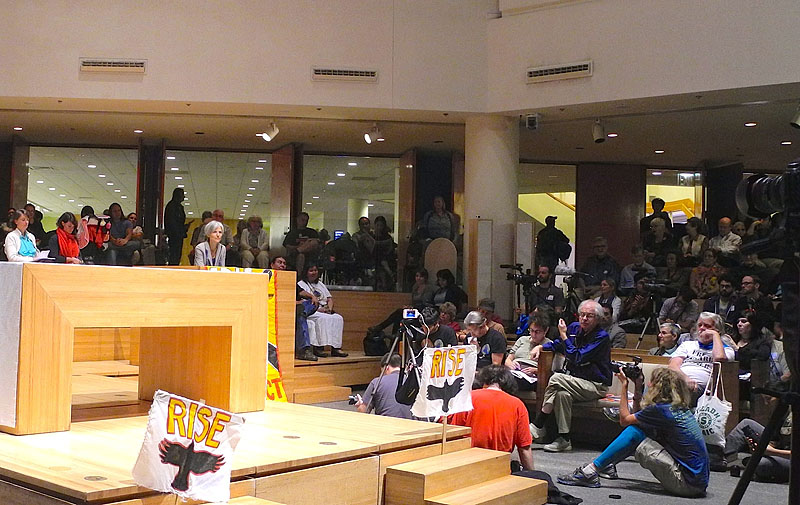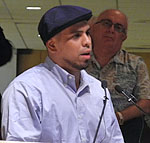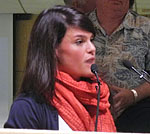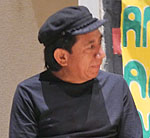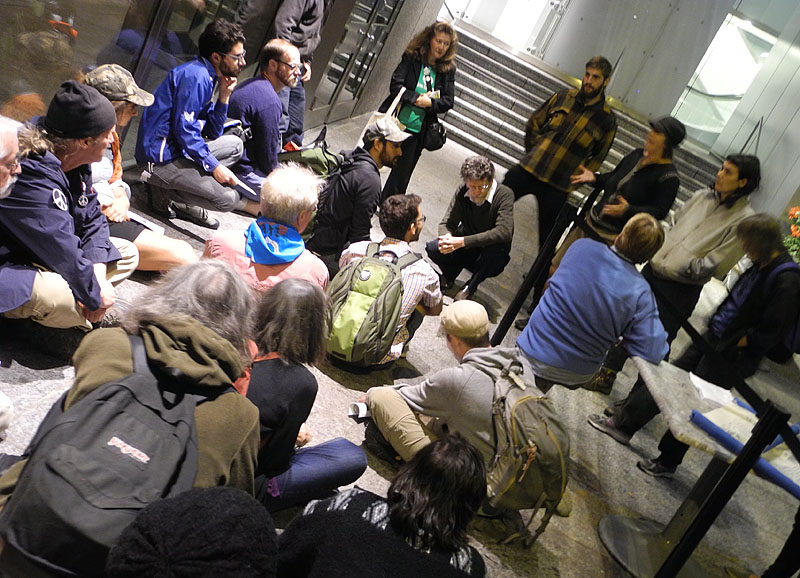New York, NY — More than 100 heads of state came together at the United Nations with representatives of the private sector and NGOs for a climate summit Tuesday, offering perspectives on the unique threats of global warming for their countries and putting forward proposals for action — some underway, some more aspirational — to address the challenge.
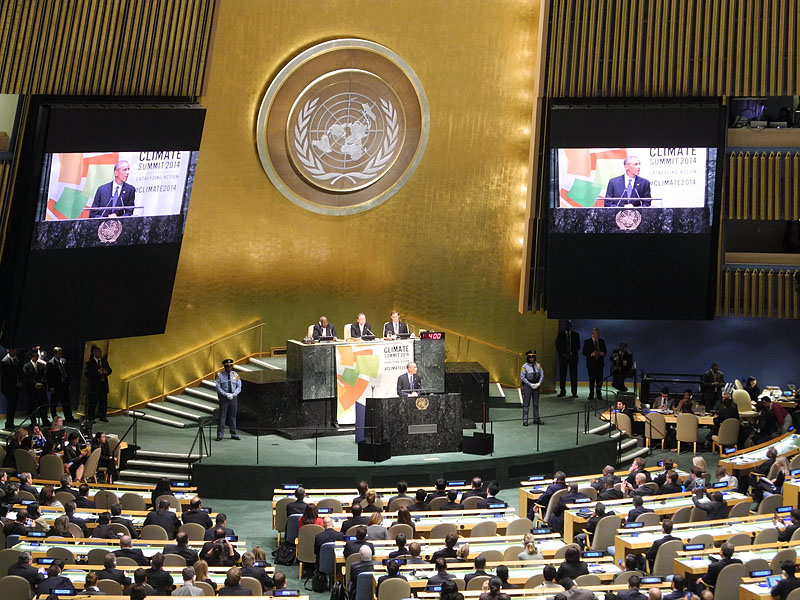
The full-day event, convened by UN Secretary General Ban Ki Moon, aimed to build a shared international resolve going into the next round of climate talks in Lima, where nations will meet in December to hammer out the draft of a climate agreement.
There were some concrete successes: Six countries pledged $2.3 billion for a fund to assist developing nations with impact mitigation and the transition to cleaner energy. A declaration on forests was signed by 28 governments and dozens of companies and NGOs to cut global deforestation in half by 2030. Perhaps most importantly, there was a convergence across the individual proposals by heads of state on some key points: that ambitious and decisive action is required, that a 2-degree Celsius increase in temperature is a critical target, and that getting to a meaningful, universal agreement should happen by next year in Paris where the Lima draft will be finalized.
Among the heads of state who presented to the group convened in the enormous General Assembly Hall was President Barack Obama, who appeared to slip a reference to the People’s Climate March into his call to action.
“The climate is changing faster than our efforts to address it,” said President Obama. “The alarm bells keep ringing. Our citizens keep marching. We cannot pretend we do not hear them. We cannot condemn our children, and their children, to a future that is beyond their capacity to repair.”
Acknowledging the role that the US and China play as the world’s largest carbon emitters, Obama offered a backstage look at the retail politics possible only at the UN.
“Just a few minutes ago, I met with Chinese Vice Premier Zhang Gaoli, and reiterated my belief that as the two largest economies and emitters in the world, we have a special responsibility to lead,” he said. “That’s what big nations have to do. ”
Obama also announced several new initiatives: directing federal agencies to factor climate resilience into international development programs and investments, a new partnership to draw on private sector companies and philanthropies to help plan for an mitigate climate threats, and plans to provide developing nations access to technical resources like mapping data and extreme weather forecasting.
In what was perhaps a nod to his own predicament — forced to rely on executive actions by a congressional gridlock — Obama counseled fellow heads of state to move beyond business as usual.
“None of this is without controversy,” said the president. “In each of our countries, there are interests that will be resistant to action. And in each country, there is a suspicion that if we act and other countries don’t that we will be at an economic disadvantage. But we have to lead. That is what the United Nations and this General Assembly is about.”
Obama’s talk at 1pm followed a full morning of sessions. There was an opening plenary featuring, among others, Al Gore, who argued that it was no longer a matter of technology but of political will, “And fortunately, political will is a renewable resource.” Leonardo DiCaprio, appointed by Ban Ki Moon as a special UN messenger, gently chided the assembled heads of state. “Honored delegates, leaders of the world, I pretend for a living. But you do not.”
The rest of the morning was taken up with three breakouts, each with about 40 presidents, prime ministers, and other national leaders delivering 4-minute summaries and vision statements. The afternoon comprised sessions where governments and NGOs reported on plans and thematic discussions around key climate topics.
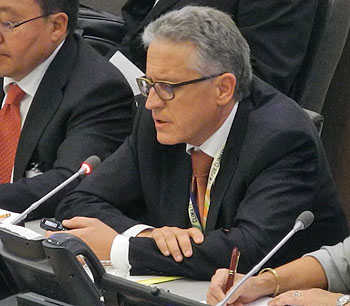
Thomas Stocker, co-chair of the IPCC working group on the science of climate change, was featured in a session where he explained to UN delegates and heads of state the significance of the panel’s latest findings.
“We’re already in a 2-degree world,” said Stocker, meaning that the 535 gigatons of carbon dioxide we’ve already pumped into the atmosphere has put us on a trendline toward temperatures around two degrees hotter by the end of the century. “And with business as usual, we’ll be in a 4.5-degree world.” Already, he said, we have adapted to 19cm of sea level rise, “but that’s a different task than 63cm or more by the end of the century.”
He offered the gathered world leaders three tools to bring back to their constituencies: “Robust science, simple language, and multiplication of message.”
“Look back 20 years,” Stocker said. “What makes leaders more comfortable now stepping up to the rostrum [to talk about climate change]? High quality observations.” Next, he said, “We need to communicate, even as experts, in simple language.” Finally, he urged the leaders to call on their scientific communities. “As leaders, you have scientists in your countries,” he said, and they should be ready to answer questions. “Scientists are your best ambassadors of knowledge about climate change.”

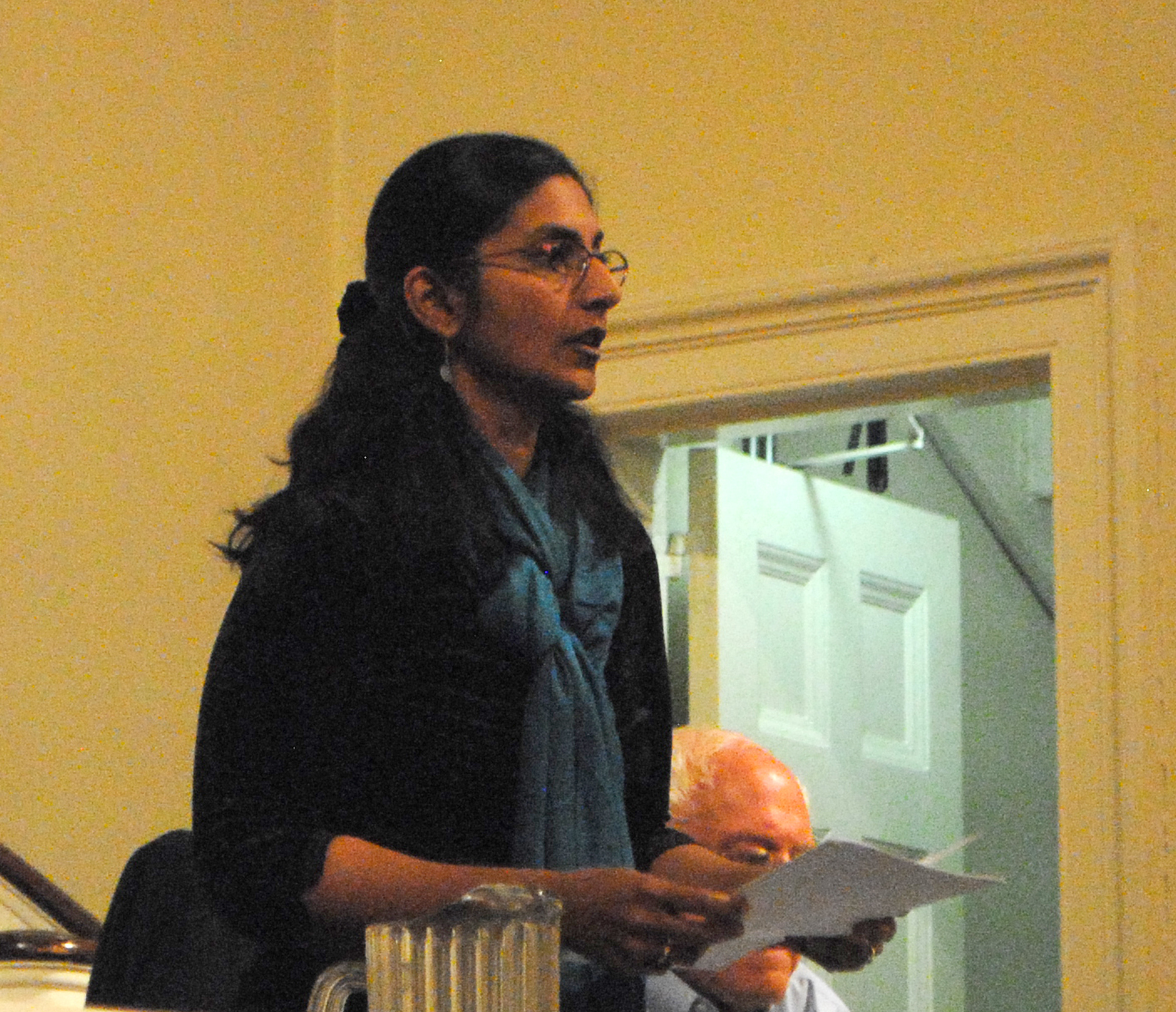
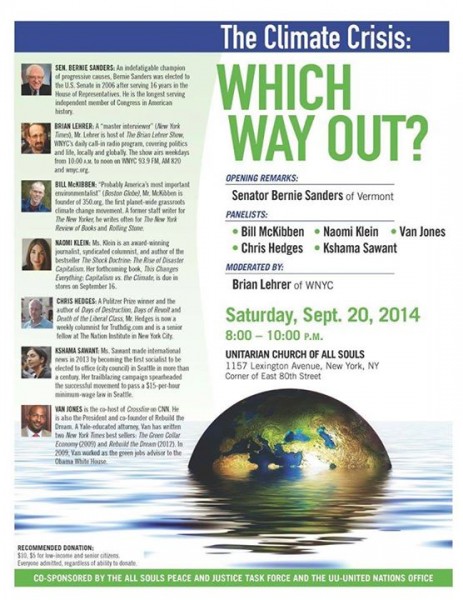 Arriving in New York for the People’s Climate March a day early allowed me the opportunity to attend The Climate Crisis: Which Way Out, a forum featuring Senator
Arriving in New York for the People’s Climate March a day early allowed me the opportunity to attend The Climate Crisis: Which Way Out, a forum featuring Senator 